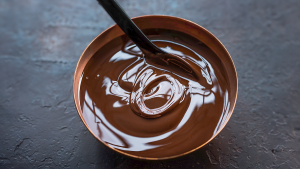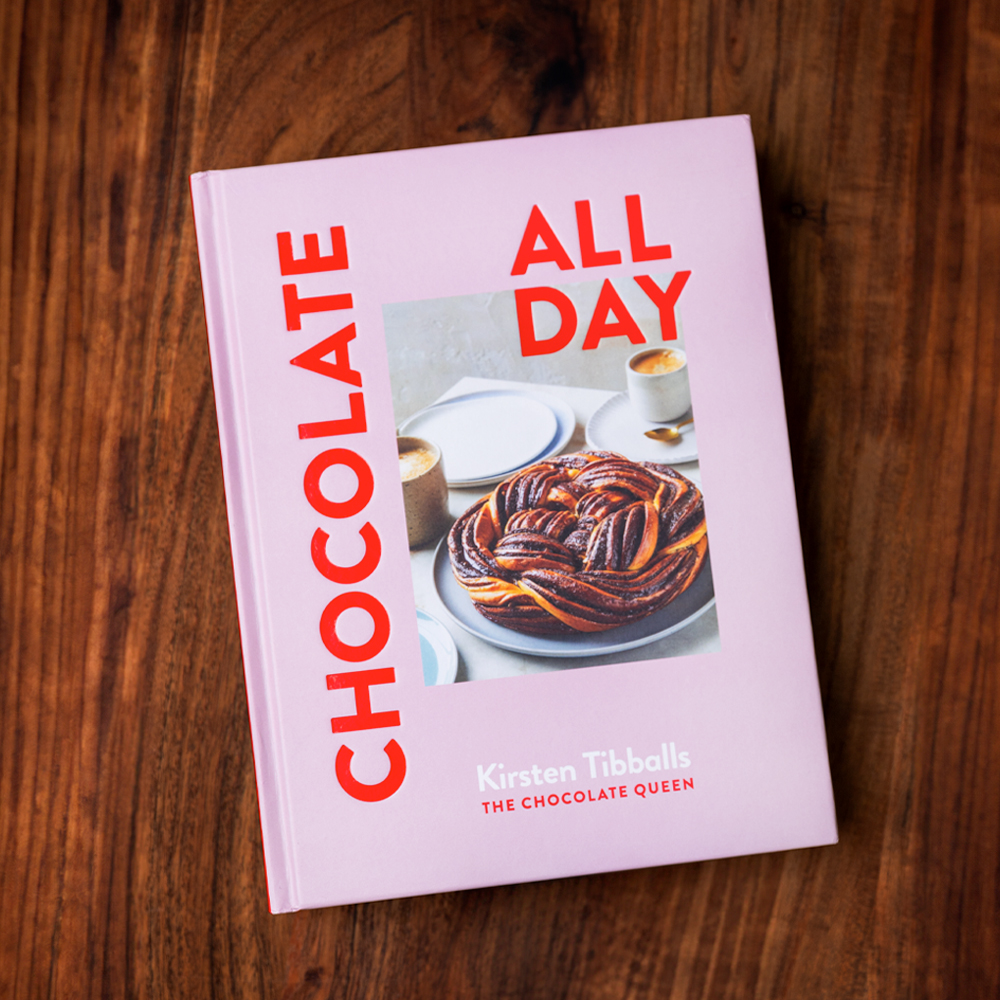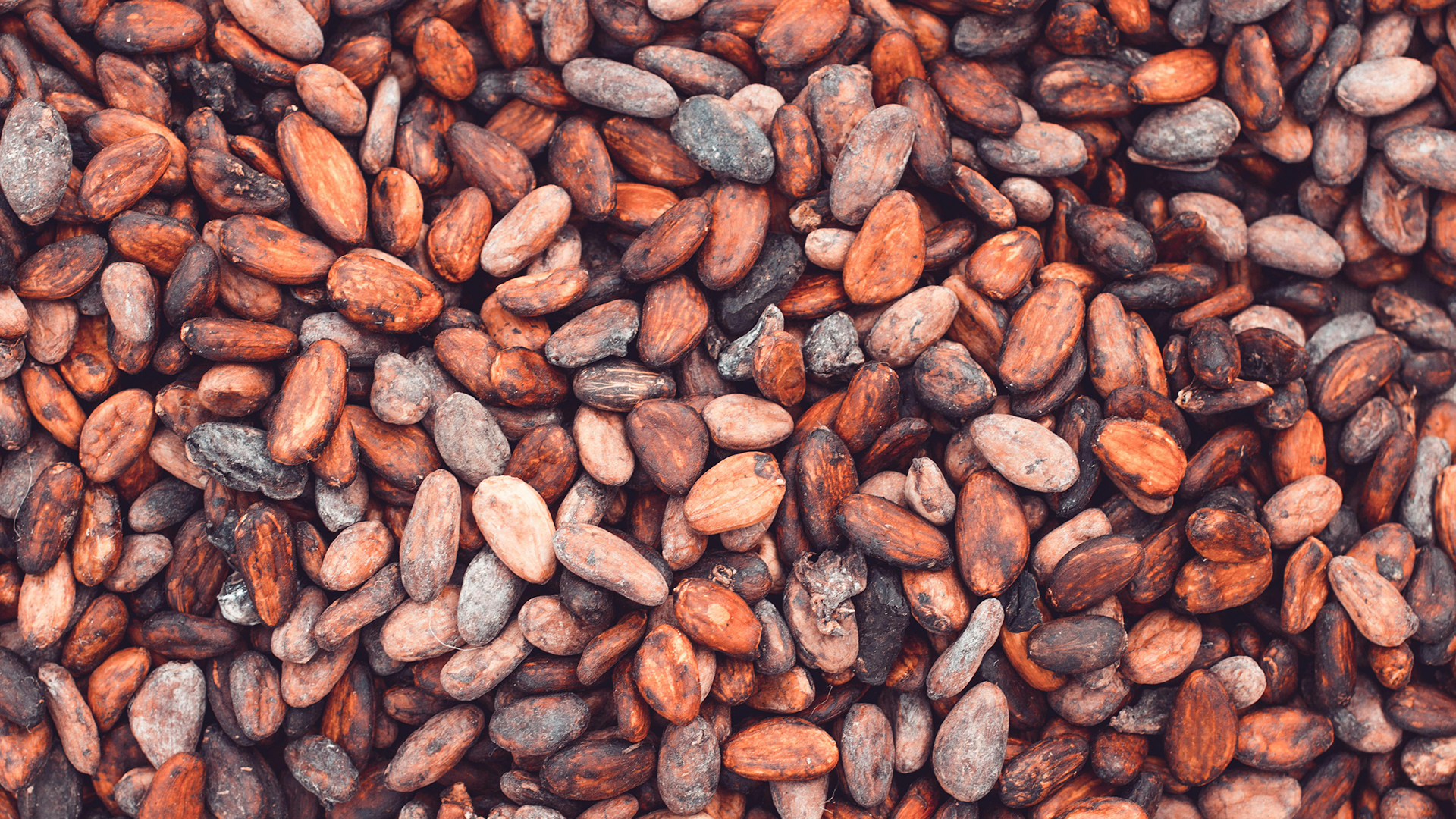The Global Cocoa Shortage: What’s Behind It and How It Affects Your Favorite Chocolate
Chocolate lovers, a global cocoa shortage has been brewing, and unfortunately, it’s affecting us all.
The shortage has been driven by:
- Bad weather
- Crop disease
- Supply chain disruptions, and
- Economic pressures
West Africa, particularly the Ivory Coast and Ghana, is at the heart of the crisis. These regions are responsible for over 60% of the world’s cocoa, so when their harvests take a hit, the effects are felt globally.
Let us break down what’s causing this shortage and how it’s impacting everything from the price of chocolate to reduced supply.
Why Cocoa Is in Short Supply?
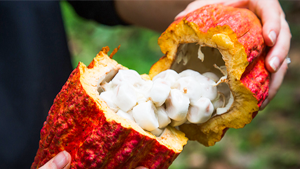
The most significant factor behind the cocoa shortage is severe weather in West Africa.
Heavy rains have caused serious challenges for cocoa farmers, leading to issues like flower drop – the premature shedding of flowers before they develop into pods – and the spread of black pod disease.
Ghana and the Ivory Coast, two of the world’s largest cocoa producers, have seen major declines in their harvests since 2022. This has drastically reduced the amount of cocoa available globally.
The global cocoa supply chain has also been hit hard by inflation and rising production costs. From shipping delays to higher energy costs, getting cocoa from farm to factory has become more expensive and complicated.
A combination of these factors, along with others, is driving up the cost of cocoa beans and, ultimately, the price of chocolate for consumers.
How This Is Impacting Your Chocolate
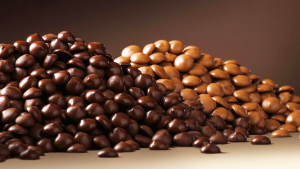
With cocoa beans in short supply, manufacturers are facing tough decisions. As a result, we are seeing increased prices and reduced product ranges. It is especially hard on premium chocolate manufacturers, who rely on high-quality, sustainably sourced cocoa.
Unfortunately, the cost of chocolate is climbing, and with inventories at historic lows, the trend is unlikely to reverse anytime soon.
The Future of Chocolate
So, what’s next for the chocolate industry?
If the cocoa shortage persists, we could see long-term changes in how chocolate is produced and sold. Prices will likely continue to rise, and some products may become less available or more expensive.
Our advice? If you have the ability to invest in chocolate now, it might be wise to stock up while you can.
Supporting Ethical Chocolate Brands
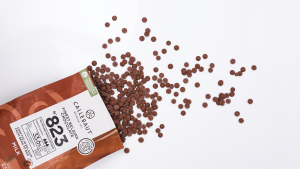
During this challenging time, one of the best things you can do as a consumer is to support brands, like Callebaut and Cacao Barry, that prioritise sustainability and fair trade. These companies are often committed to paying farmers fairly and using environmentally responsible practices, making them key players in the future of cocoa farming.
In the End, It’s All About the Chocolate
Despite the current challenges, you can’t deny there’s something timeless and comforting about the simple pleasure of working with and eating chocolate – whether it be artisan-crafted bonbons or a homemade brownie! So, while we might need to adapt, we can still savour every bite—because, at the end of the day, chocolate is a treat worth cherishing.
